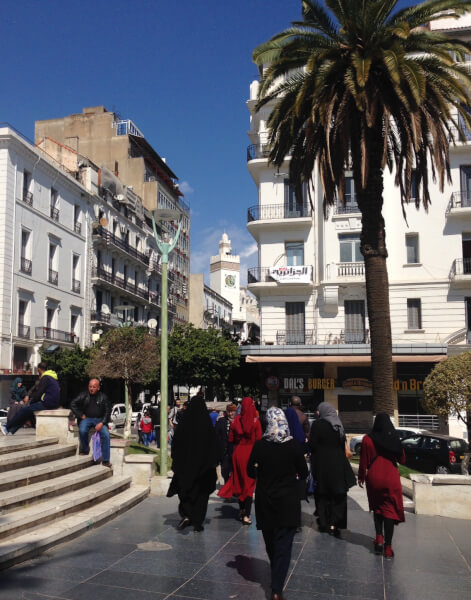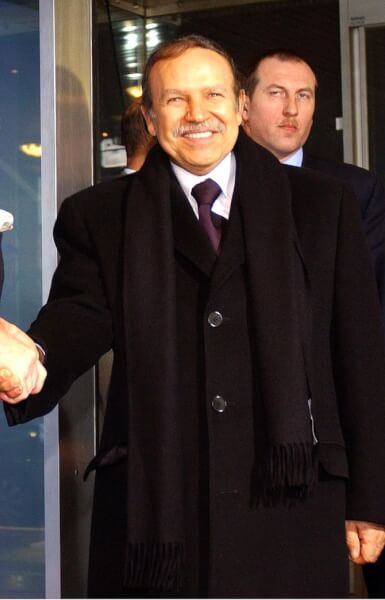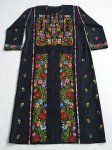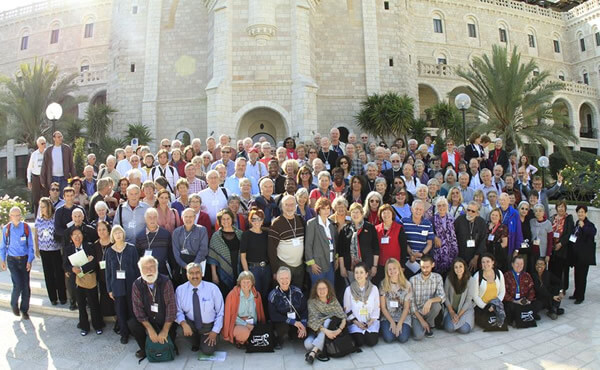All you Need to Know about Algerian Political Harvest Season
It seems when there is chaos among the Arabs, there is always an Algerian exception, analysts are saying but not this time.
By Abdennour Toumi
A quarter-century ago, before the Sidi-Bouzid revolt in Tunisia sparked the Arab Spring in 2010, disaffected youth in the populated neighborhoods of Algiers vented their frustration toward the regime in riotous demonstrations throughout the city which came to be known as the “Black October” Riots of 1988.
The demonstrations were essentially fueled by increasing despair over the lack of jobs, poor housing, and the slow pace of economic and political reform. This explosion was no surprise to analysts, who had followed the situation for some months and who predicted the inevitable outburst despite the “head-in-the-sand” attitude of the regime.
This social context was an extension of the Berber Spring of 1980 and the Islamist protests in 1982 in Algiers University campuses and Islamist Group Army actions (Bouya’ali Group) in the Metidja plain in 1985-1987. This was a wake-up call to the regime for the slumbering Islamist armed cell. Three decades later, it seems the regime didn’t get it then and does not want to get it now.

Didn’t the ’88 riots unveil the mask of the regime and its failures? Didn’t these riots bring the Islamists to the gate of power? Couldn’t these same riots have ended the country’s social cohesion and national integrity?
Did today’s regime miss the ramifications of these riots, or is the regime still pretending Algeria is better off? Algeria still suffers the same social malaise: lack of employment, decent housing and chronic despair of the people over lack of both. Protests are occurring here and there in the country’s big cities, even in the southern cities, orchestrated by the October, ’88 generation.
A generation that has been traumatized, sacrificed, and left without hope. This is a generation that would prefer to be eaten by Mediterranean fish rather than be fooled. A sentiment prevalent among the majority of the youth. According to Algerian online paper TSA, 6000 Algerian migrants have crossed the Mediterranean illegally in one year.

Yazid, a sophomore medical student at Algiers University, avers his immediate goal is to get his degree and leave. As he put it al-Harba. He continued, he has an aunt in France, she can help him to stay. After that, he’ll try to get into medical school in France to finish his speciality as a Radiologist.
I witnessed tens of Yazid’s stories, even middle-age women want to leave, go to France, Spain, even to Tunisia … However, the post-Oct ‘88 generation is fighting on their own behalf and not serving as pawns in a proxy political fight as those who protested and died in October, ’88. Then they were used as cannon fodder in the political duel between the Islamists and the regime on one hand and the francophone elite on the other.
At present, the regime is showing both confidence and assurance that everything seems to be going well. At this point, when compared to the chaos resulting from the fall of Ben Ali, al-Gadafi, Mubarak, Salah, the Syrian civilian war, and the situation in Mali — the regime can relax for the moment. Although the reports arriving at the Palace are, “tout va bien, M. le Président” (“everything is going well, Mr. President”).
Knowing the President himself is not doing well. It seems when there is chaos among the Arabs, there is always an Algerian exception, but not this time are saying economists and political science experts.
These days the situation is becoming increasingly dire as the on going political stand-off and serious economic concern won’t continue to be bought off by the government’s “blank check” policy regarding housing, job training and food subsidies. And there is always the scare-tactic of the ghost of the Arab Spring. The presidential alliance party leaders (FLN-RND, TAJ and MPA), a ratatouille dish of parties, called the Arab Spring, Arab Delusional, and would call any opposing voice to the regime’s incompetence and ask about the President’s health traitor and a foreign agent.
The newly appointed Algerian Premier, Mr. Ouyahia, a maximalist politician was described by an Algerian Human Rights activist during a coffee meet up in a Parisian café. In his inaugural and governement plan speech before the Parliament of both chambers, Mr. Ouyahia insisted on drastic social and economic reforms, politically maintaining the regime’s overture to the opposition parties.
A relation between the regime and opposition has reached a low level of trust, and it seems the divorce paper doesn’t need to reach the judge’s desk. Mr. Ouyahia in his speech before the nation’s representatives, washed the Islamists, the Secularists, and even a former political leader, Mr. Boukrouh a thinker-political opponent, who called the Premier a vineyard guardian (A’assas a-dalia)… and the Premier as an eloquent retort called him an ecliptic moon!
Yet across the country the people’s message to the President is telling him, “barakat mel hogra” (“enough of injustice”). People are exhausted by the wait-and-see socioeconomic policies, tired of the discredited political parties and the arrogant elite. So a Sociologist professor at Blida University told me.
Despite a favorable economic conjuncture in past years that generated billions in oil revenues, the country still cannot overcome the thorny issue of a housing crisis and job creation; in other words, using economic growth to generate a better life for the people seems as elusive as ever.
For President Bouteflika and his circle the eighteen “honeymoon years” are over — the country is on the eve of a crucial sociopolitical test that drives observers to wonder about Algeria’s future. Many of them are drawing a parallel with the pre-October ’88 situation; Premier Ouyahia’s last speech in the Parliament was compared to that of then-President Bendjeddid on September 19th, 1988.
The country is worn out by social depression and political impasse; it is time to put an end to seduction and take action, otherwise the regime faces serious and far-reaching sociopolitical repercussions.
This time, whether in Beb el-Oued (Algiers), Bédjaïa or Ghardia the people are feeling the heat of an Indian summer with no hint of relief from a breeze of change. Instead, the population is feeling as wretched as the October, ’88 generation, and like in the Fall season, having looked at magnificent golden color, vine leaves fall on the ground.
But if all the pieces of old wood, which can hamper the shoot of the vineyard are removed, then burned so the vineyard’s guardian was eaten by the wolf, and the grapes become raisins (Al-a’assas k’lah e-dhib, oua al-a’anba walat z’bib).


- The Israeli-Palestinian Conflict: Is the Neither-Peace-nor-Security As-sumption Dominating Again? - June 7, 2021
- Algeria: “I Can See Clearly Now” - August 5, 2019
- Majesty Mohammed VI and General Gaïd Salah Tear Down This Wall! - July 29, 2019























